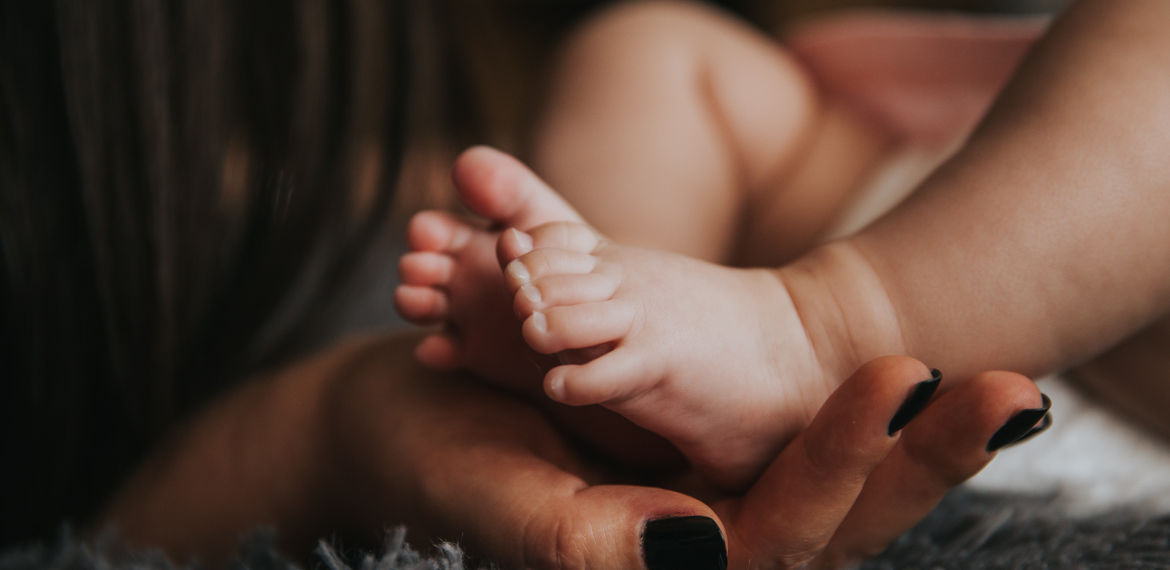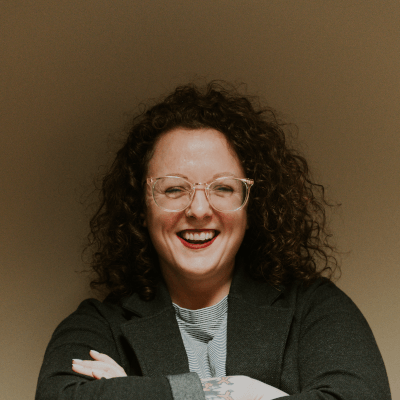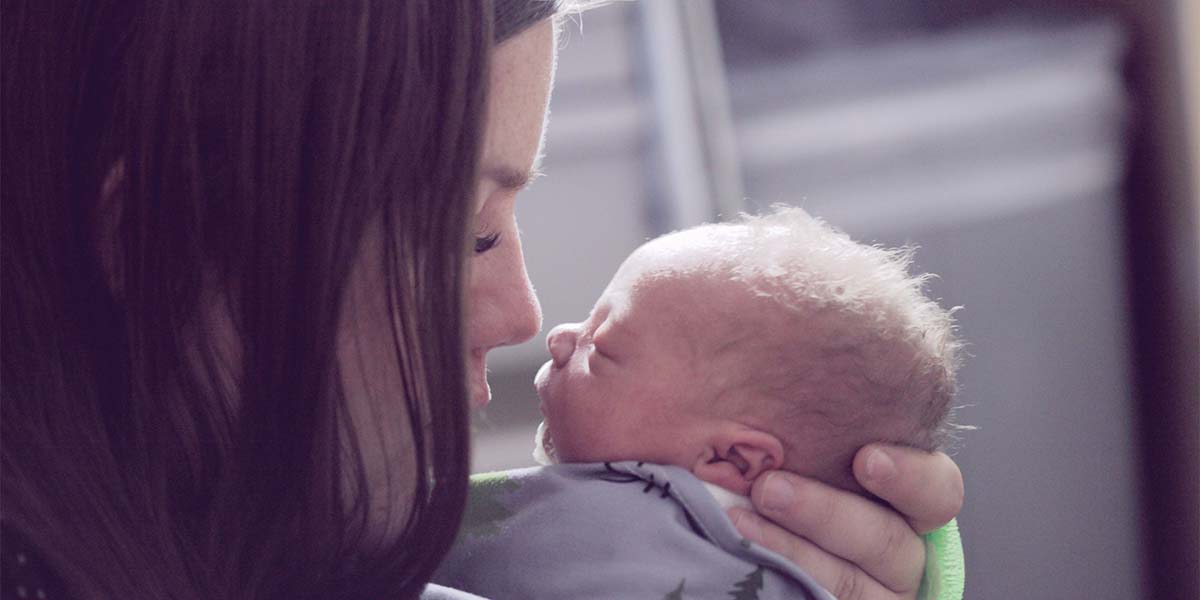
Postpartum Anxiety: The Other Postpartum
Okay, so we have established that postpartum is not JUST depression, right? Perinatal mood disorders are not just what generally is a catch-all: postpartum depression. It can also be postpartum anxiety, a completely different diagnosis. What? Isn’t depression enough for moms and dads to deal with? Let’s throw in some racing thoughts and high levels of self-doubt about those new parent skills. How about …no. Or at least that’s what I was thinking anyways.
So what is Postpartum Anxiety (PPA):
Here are some symptoms for context:
- Agitation (Moms are now noting the postpartum RAGE, it’s real people)
- Inability to sit still
- Unwanted or intrusive thoughts and racing thoughts
- Excessive concern about baby’s or own health
- High alert
- Appetite changes often rapid weight loss
- Sleep disturbances (not just because a new baby just popped up), CANNOT sleep
- Constant worry
- Shortness of breath and/or heart palpitations
- At times panic
- Lack of connection or attachment to the baby
Fun fact: You can begin to show symptoms of postpartum, any of the diagnoses that are of the PMAD’s, during your pregnancy.
I’ve always had anxiety that had been well managed until I got pregnant, so OF COURSE, I had postpartum anxiety. My new pregnancy anxiety started out as slight and what I considered normal for me at the time, is the baby okay, is there a baby? As my pregnancy went on however, I was increasingly anxious about my upcoming role as a mother and how I would fulfill that role and the daunting task of it. This went on the entire pregnancy. I was worried about all the cortisol I was shooting into the baby and my husband would say: “be careful of the cortisol!” Cute right?
Then a cute little baby arrived! My symptoms became worse once we got home from the hospital. I couldn’t sit still. I JUST GAVE BIRTH. The next day I decided we HAD to go to Target. I needed zero things from Target, but I was so anxious I could not bear the thought of being at home, most notably with the baby. Once my husband went back to work after his GRACIOUS week of paternity leave (oh that is a whole OTHER story) my symptoms only got worse. I envisioned this lovely maternity leave of relaxation on my 3-season porch with my dogs and baby and just reading and doing nothing but trying to keep said new human alive. NO. I was so anxious I could not even stay at my own house. We literally left the house almost every day. This was not fun. We did not connect this way. She screamed in the car. A lot. I cried in the car. A lot. I cried to her that I was a terrible mother. A lot. I told her often that I was sorry that I was her mother. It didn’t help that I was highly detached from her, I knew I needed to smile and talk to her, but I didn’t FEEL it.
Was I a terrible mother? In retrospect, no. I was doing a pretty good job actually, I just needed some added support. And that came in the form of medication along with my therapy, but not for another a couple of months or so.
I felt increasingly anxious and worried that I was ruining her attachment to me and literally for her whole life (hello social worker, that stuff don’t turn off in my brain). I had intense racing thoughts all day about how I was ruining her. These thoughts turned into thoughts that her and my husband would be better off without me. WHAT?! My brain. It would Not. Turn. OFF. I also never ate. I forgot to. If you know mommas with PPA, follow them around with food. They don’t even know they’re not eating, seriously.
AND THEN! At 3 weeks postpartum, I had a rare 1 in 4000 postpartum heart condition that helped convince me that all of my anxieties were real, and they weren’t going away. I began to experience what felt like heart attacks. I had to talk myself down from these “heart attacks.” Making matters worse, I was experiencing legitimate heart problems. This is probably the point at which the PPA flared up the most. I was going through the trauma of a newly diagnosed heart problem, along with anxiety that accompanied having a new baby.
It took time to decide to take medications. It wasn’t an easy choice. But, with the initiation of medication, I was able to finally sit at home. FINALLY. Little babe and I finally started just sitting. It was amazing. My brain slowed down. We finally started connecting and getting to know each other. I always thought she was really a fussy baby, but it turns out babies with really fussy mommas, are generally fussy themselves.
Why do I tell my story? Because I am not the only one. Because there are more mommas out there, therapists included, who feel alone. There are people who have the skills and the ability to sit with you and allow you to work, to get through it. Mama, it does end, and when you get better, your family gets better. This goes for dads too, 1 in 10 dads have a PMAD – and the number is likely higher because the symptoms are underreported. I tell my story and I hope that you too can work to tell yours one day and provide a space for healing for others. My story is why I do the work I do, because I know I am not the only one.
I specialize in helping parents and families who are facing postpartum depression, anxiety, OCD, and trauma, including birth trauma. Reach out to match with me at 616-929-0248 or meet our team at Lifeologie Counseling Ada. Or explore all our locations for Lifeologie therapists who specialize in postpartum issues.
If you are struggling and want to reach out to a warm line (volunteer line) you can do so at the following:
PSI Warmline: 1-800-944-4773
Spectrum Health Warmline 391-5000
If you or someone you know is having suicidal thoughts, call 988 or in Michigan, Network 180’s 24-hour Access Center at 616-336-3909.

About Amanda Martin
Amanda Martin, LMSW, CAADC, earned a Bachelor’s degree in Social Work from Grand Valley State University and earned a Masters in Social Work from Michigan State University. She is also EMDR Certified. She understands that therapy can be tough… Tough to start and tough to work through. She specializes in trauma, substance abuse, self-harm, women's and family issues, LGBTQ+ issues, postpartum depression, anxiety, OCD, and treatment for birth trauma. She sees clients at Lifeologie Counseling Grand Rapids Ada.
Meet Me



.png)